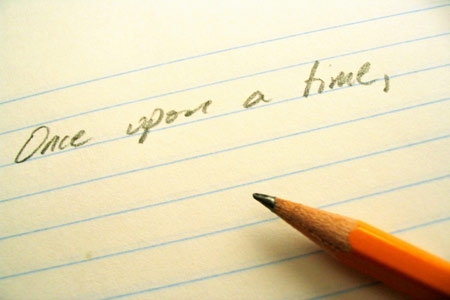From the time our country was founded, it was destined for greatness. We have given birth to great minds in science and medicine, musical geniuses, champions of business, world-class athletes, inventors and innovators. We are a strong people, hard-working and proud of who we are and what we have accomplished. The world is a better, more productive place because of us.
In this last generation, we have been demoralized. Our economy has tanked. Jobless rates are up. Cost of living has skyrocketed. Our infrastructure of roads and bridges is failing. Twenty years ago, we were a global power. Now we are struggling. And our current government has not addressed these problems to our satisfaction.
Most of us work hard and care for ourselves and our families. We contribute to our community and nation through taxes and volunteer work, knowing full well that we all must do our part and pay our fair share.
Yet some people sit around and do nothing. They are happy to sap our country's resources and collect from the public coffers without contributing to our nation's economic growth. They want what our nation has to offer: good medical care, decent housing, and schooling for their children. They are lazy. They hoard their possessions and won't pay their fair share of taxes as part of the people. They want something for nothing.
They are not like us, our nation of family-loving, self-sufficient people. So are they really part of us? Or are they subversive outsiders, pushing themselves into our country, trying to blend in while they drain our resources?
Sound familiar? If we are honest with ourselves, most of us either have had thoughts like those, however fleeting, or have overheard someone voicing something similar about illegal immigrants, unaccompanied minors crossing the border in Mexico, folks on public assistance, etc. As rational adults, we know the problems are complex; there are no easy answers.
Tolerance of this type of outburst created a dictatorship. That dictatorship created laws, which led to pursuit of world dominance and a war which cost tens of millions of lives.
What have we learned? Our lesson ought to be to not blindly follow the masses.
 Through sticky situations like unaccompanied minors and long-term use of public assistance, we must proceed with eyes and minds wide open. We need to think for ourselves and propose creative solutions, independent of what the media, our friends, and popular opinion say.
Through sticky situations like unaccompanied minors and long-term use of public assistance, we must proceed with eyes and minds wide open. We need to think for ourselves and propose creative solutions, independent of what the media, our friends, and popular opinion say.If we've truly learned the lessons of history, we have an obligation to speak against outbursts like the one above. Otherwise we're at the top of a slippery slope, a position we should know to avoid.






.jpg)

